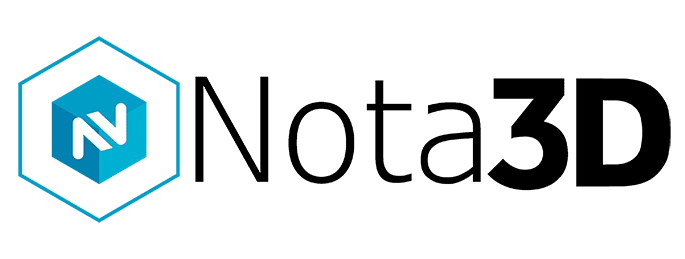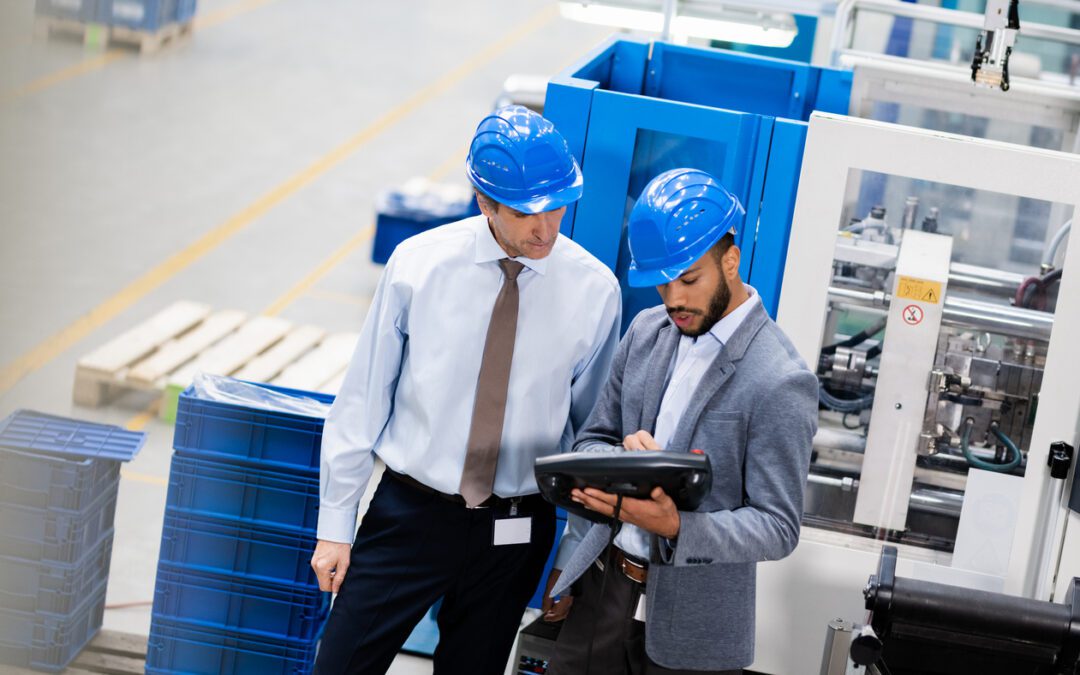Customization at Scale Using 3D Printing Technology
In the manufacturing industry, the pursuit of customization has long been hindered by the constraints of mass production. Traditional manufacturing methods often prioritize uniformity and efficiency over individuality, making it challenging to meet the diverse needs and preferences of consumers. However, with the rise of 3D printing technology, a new era of manufacturing has emerged—one defined by the ability to achieve mass personalization at scale.
By breaking free from the constraints of mass production and embracing design freedom, precision customization, and consumer empowerment, manufacturers can unlock endless opportunities for innovation and differentiation. Let’s explore how 3D printing is revolutionizing manufacturing by enabling customization on a whole new level.
Mass Production to Mass Customization
Historically, mass production has relied on standardized molds and assembly lines to churn out identical products in large quantities. While this approach has its merits in terms of efficiency and cost-effectiveness, it inherently limits the degree of customization that can be achieved. Enter 3D printing, which turns this paradigm on its head by eliminating the need for molds altogether. Instead of mass-producing identical items, 3D printers can create highly customized products on-demand, opening up a world of possibilities for individualization at scale.
Design Freedom without Constraints
One of the most significant advantages of 3D printing is its unparalleled design freedom. Unlike traditional manufacturing methods that impose limitations on shape, size, and complexity, 3D printing allows designers to unleash their creativity without constraints. From intricate geometries to personalized features, virtually any design can be brought to life with 3D printing technology. This freedom enables manufacturers to cater to niche markets, accommodate unique customer preferences, and differentiate their products in a crowded marketplace.
Meeting Individual Needs with Precision
In addition to design flexibility, 3D printing enables precise customization tailored to each individual’s needs. Whether it’s adjusting dimensions, materials, or functionalities, manufacturers can fine-tune products to meet specific requirements with unparalleled precision. This level of customization extends beyond aesthetics to address functional considerations, such as ergonomic fit, performance optimization, and accessibility features. By catering to individual needs, 3D printing ensures that products are not only visually appealing but also functional and practical for end-users.
Co-Creation and Personalization
Mass customization goes beyond mere product personalization; it empowers consumers to become active participants in the design process. Through co-creation platforms and customizable interfaces, individuals can now play a role in shaping their own products, from customizing colors and textures to designing unique features. This collaborative approach fosters a deeper sense of engagement and ownership, forging stronger connections between brands and consumers. It allows manufacturers to gather valuable insights into customer preferences and adapt their offerings accordingly. This drives innovation and customer satisfaction.
Customization as the New Standard
As 3D printing technology continues to advance, the potential for mass personalization in manufacturing will only grow. From consumer goods to medical devices, and automotive parts to architectural components, the possibilities are virtually limitless. Customization at scale is no longer a niche concept but a fundamental shift in the way we approach manufacturing. By embracing 3D printing and harnessing its transformative capabilities, manufacturers can stay ahead of the curve, differentiate their offerings, and deliver unparalleled value to customers in a rapidly evolving marketplace.
Here are some well known businesses currently using 3D printing for mass production:
- Adidas: The sportswear giant utilizes 3D printing technology to produce customized midsoles for their shoes, allowing customers to select designs and features tailored to their preferences and biomechanical needs.
- BMW: BMW offers personalized accessories and components for their vehicles through 3D printing, enabling customers to customize interior features, such as dashboard trims and cup holders, to match their individual style and preferences.
- Shapeways: Shapeways provides an online marketplace for customizable 3D printed products, ranging from jewelry and accessories to home decor and tech gadgets. Customers can personalize designs or even create their own products using Shapeways’ 3D printing services.
- Wiivv: Wiivv manufactures custom-fit insoles and sandals using 3D printing technology. Customers can use a smartphone app to capture precise measurements of their feet, which are then used to create personalized orthotics for improved comfort and support.
- Voodoo Manufacturing: Voodoo Manufacturing offers on-demand 3D printing services for businesses looking to create customized products or prototypes at scale. Their automated manufacturing process allows for quick turnaround times and cost-effective production of personalized items.
- L’Oreal: The cosmetics company uses 3D printing technology to create personalized skincare products, such as custom-fitted face masks and serums tailored to individual skin types and concerns.
- Protolabs: Protolabs offers rapid prototyping and on-demand manufacturing services using various 3D printing technologies, including stereolithography (SLA) and selective laser sintering (SLS). Their streamlined production process allows for quick turnaround times and customization options for small-batch manufacturing.
- Invisalign: Invisalign uses 3D printing technology to produce custom-made clear aligners for orthodontic treatment. Each aligner is precisely tailored to the patient’s teeth and treatment plan, allowing for gradual and comfortable teeth straightening without the need for traditional braces.
As we look to the future, customization will not just be a competitive advantage but the new standard in manufacturing, enabling brands to thrive in an increasingly personalized world.
What features do you need from a 3D printer? The most common examples that come up are strength, speed, accuracy and a smooth surface finish. There’s no shortage of 3D printers that can check one or two of those boxes but we have a secret. You can have it all! Contact us today to learn how!

